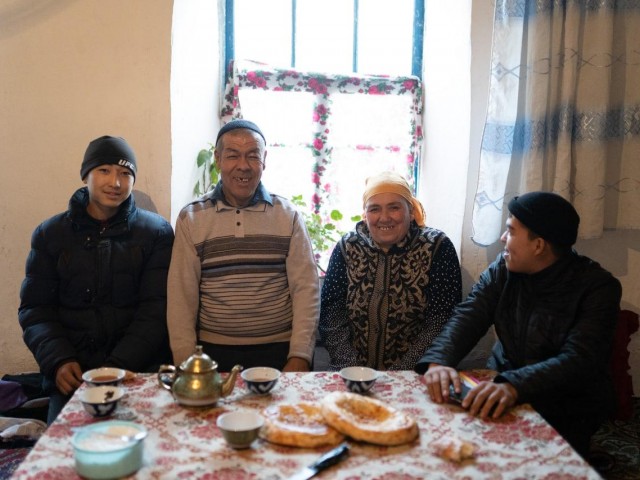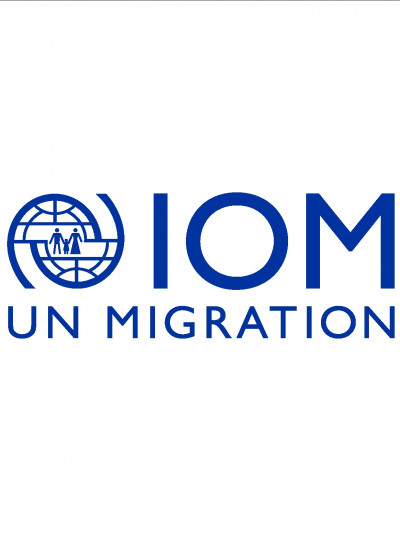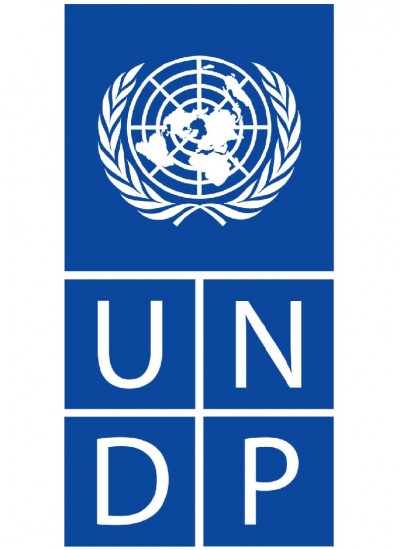Almost 1 million Kyrgyz nationals are migrant workers living abroad, and internal migrants make up another 20% of the population. More than 60% of these international migrant workers are women, who face specific vulnerabilities and risks but send much of the 2.5 billion USD in remittances back to communities in Kyrgyzstan.
In this context, the Programme builds the capacities of local and national governments to effectively implement their migration and sustainable development strategies and planning. By developing an Action Plan for the implementation of Kyrgyzstan’s Concept of Migration Policy 2030, the government will concretely implement its policies to leverage migration for sustainable development, both at national and local level. Similarly, through technical assistance and coaching, young policymakers will be empowered to mainstream migration into sectoral policies and resilience-building activities, including migrants in progress towards the 2030 Agenda.
In particular, the government will leverage migration data to develop comprehensive and effective policies and partnerships, including through establishment of Hometown Associations and engaging migrants in the development of their native communities back home. The Programme will build on the results of an assessment of local authorities’ perceptions towards returned migrants, developed through the UNDP-IOM COVID-19 Seed Funding Initiative. This comprehensive assessment found that, despite numerous challenges faced my migrants during various stages of migration, 100% of local authorities interviewed were very eager to support the reintegration of returned migrants, while 80% of migrants showed a strong interest to engage in local development, if subject to proper capacitation and training. The Programme will also collect data on the potential diaspora and migrant contributions to socio-economic development, available investment opportunities for migrants, with a focus on the local level and the potential of public-private partnerships for migrant reintegration and diaspora-led enterprises. These studies will empower the local and national governments to devise effective national and local policies aimed at reaping the benefits of migration for development and forming long-term partnerships with the diaspora and the private sector, aligning their activities towards shared development goals.
In order to build on these successes globally, Kyrgyzstan’s national and local governments also share their good practices and build capacities of the other 10 countries within the Global Programme. Kyrgyzstan showcases its successes in the Programme’s global capacity development activities, such as our webinar on diaspora mapping and engagement. The Programme then supports the government to further showcase its successes in the regional and global fora such as the Global Forum on Migration and Development.
For more information, contact:
- Jyldyz Ahmetova, IOM Kyrgyzstan, jahmetova@iom.int
- Oxana Maciuca, UNDP Kyrgyzstan, oxana.maciuca@undp.org


